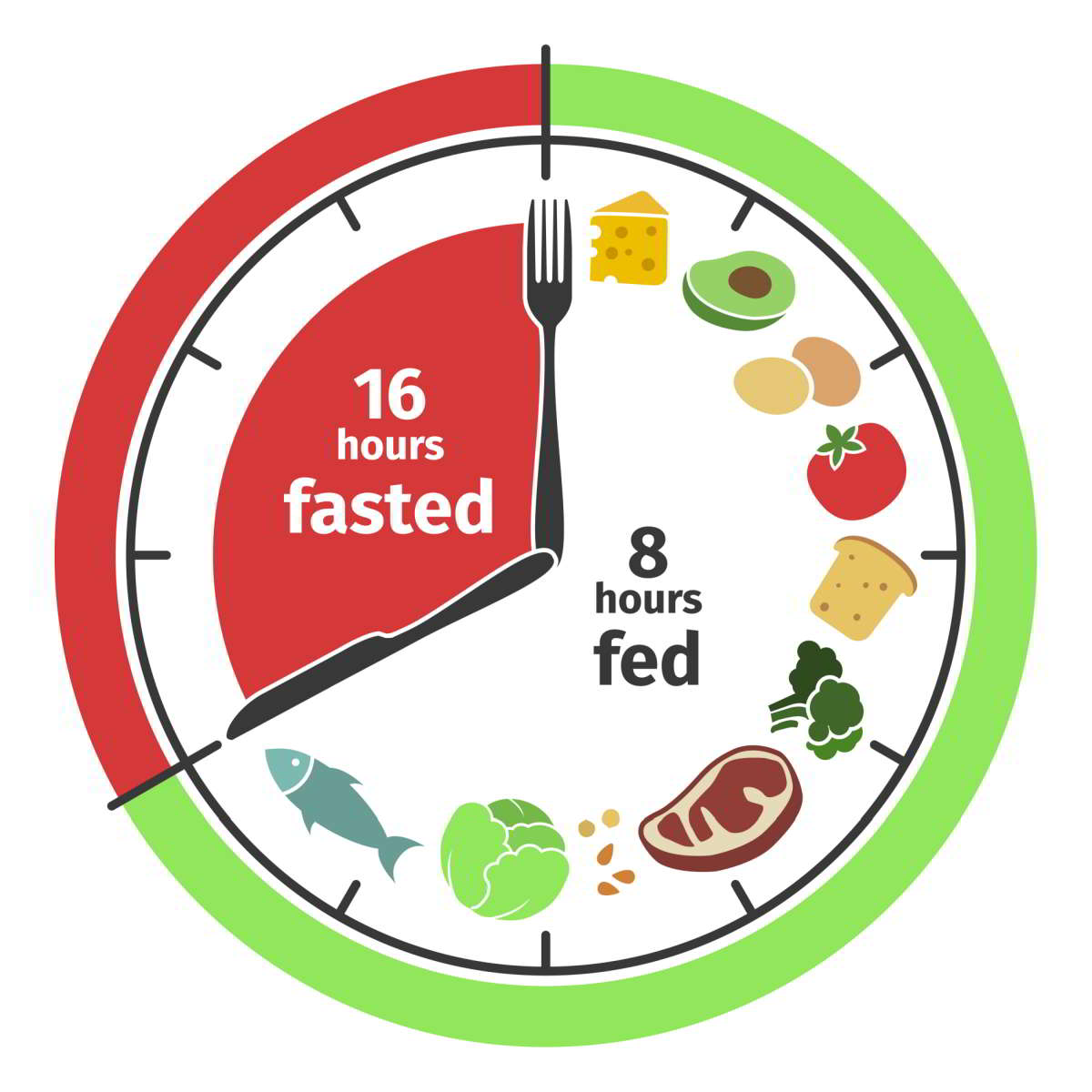How to Prevent Food Comas while Studying
Have you ever felt drowsy after lunch? Struggling with brain fog or that sluggish, restless feeling that hits right when you need to be your most productive? If so, you're not alone. This was a common issue I faced when I first started university. As a student, productivity wasn’t just a nice-to-have; it was essential to keeping up with my studies. But for me, the motivation to be productive wasn’t just about getting good grades—it was about building momentum. Momentum that I needed to keep up with my demanding workload and, ultimately, to succeed in my degree.
Here’s some background: I transitioned from a non-technical to a technical field, moving from a diploma in Business Studies at Ngee Ann Polytechnic to pursuing a Bachelor of Science in Business Analytics at the National University of Singapore (NUS). Needless to say, the foundational modules, especially math and coding, were challenging for someone with no prior background in these subjects. I quickly realized that if I wanted to stay afloat and perform well, I needed to be smarter with my time and energy. That meant finding ways to maximize productivity—whether that was through hacking my brain or structuring my study schedule around my peak performance hours.
But the real game-changer? My diet.
Did you know that nearly 60% of college students report feeling less productive after consuming meals high in fried foods and sugary snacks? Studies have also shown that unhealthy eating habits can severely impact cognitive function and overall performance.

I didn’t realize how much my eating habits were affecting me until I found myself unable to focus on even the simplest tasks—like watching a lecture—because my mind was clouded by thoughts like, “If I don’t finish this lecture now, I won’t have time to work on tutorials later, and oh no!! Exams are next week!” This extra mental weight, combined with a food coma, made it impossible to concentrate. I knew something had to change.
After doing some research to counter my frustration, I discovered about the term "flow" or to achieve a flow-like state on the internet. If you’re not familiar with the term, it’s that moment when you’re so deeply focused on a task that everything else fades away—no distracting thoughts like "What should I eat for dinner?" or "Did I remember to take the fish out of the freezer for my Mom?" Sure, remembering that fish might save you from some nagging, but at the end of the day, staying zoned in on your work will do more for your grades (just kidding... sort of!).
The first step to achieving this flow-like state is preventing your body and mind from slipping into any other unproductive state, like a post-lunch slump. And one of the most effective ways to do this is by eating the right types of food. The food you consume has a direct impact on your ability to focus and stay engaged, so let’s cut to the chase.
Here are my top tips on how to prevent food comas while studying and hop right into a flow state to become the productive, focused student you’ve always wanted to be!
1. What to Avoid
When it comes to preventing food coma for students, avoiding fried and sugary foods is a key step. Fried, oily, and fatty foods are major culprits. Meals high in saturated fats, such as fried chicken, burgers, and heavy sauces, slow down digestion, causing your body to divert more energy to processing the meal instead of keeping you alert. Fatty foods release hormones like cholecystokinin (CCK), which slows the digestive process, making you feel lethargic. Additionally, refined carbohydrates—such as white bread, pasta, and sugary snacks—cause a spike in blood sugar followed by a rapid crash, which can leave you feeling drowsy and unfocused.
2. What to Consume

On the flip side, consuming whole foods can be one of the most effective strategies for preventing food comas during long study sessions. Whole grains, such as brown rice and quinoa, take longer to digest than refined grains, providing sustained energy throughout the day. High-fiber foods like fruits, vegetables, and legumes help regulate your blood sugar, preventing spikes and crashes. Adding healthy fats—such as avocados, nuts, and olive oil—into your diet can also contribute to a steadier energy supply without the post-meal slump. For protein, opt for lean cuts like chicken breast or plant-based proteins, which are less likely to induce drowsiness compared to heavier, fattier meats.
3. Timings to Eat

Intermittent fasting is an effective method for managing your energy levels and preventing food comas. By eating within specific windows, such as an 8-hour eating period followed by a 16-hour fast, you give your digestive system a break, which can enhance mental clarity and energy levels. Avoid eating large meals too late in the evening, as this can disrupt sleep and leave you feeling groggy the next day. As a general rule, space your meals at least 4 hours apart to give your body adequate time to digest. This prevents the overload on your digestive system that often triggers food comas.
Preventing food comas while studying is all about making conscious choices with your diet and meal timing. By focusing on whole foods, avoiding heavy meals, and being mindful of when you eat, you can sustain your focus, build momentum, and excel in your studies. Thank you for reading this blog, and happy studying!

Comments
Post a Comment